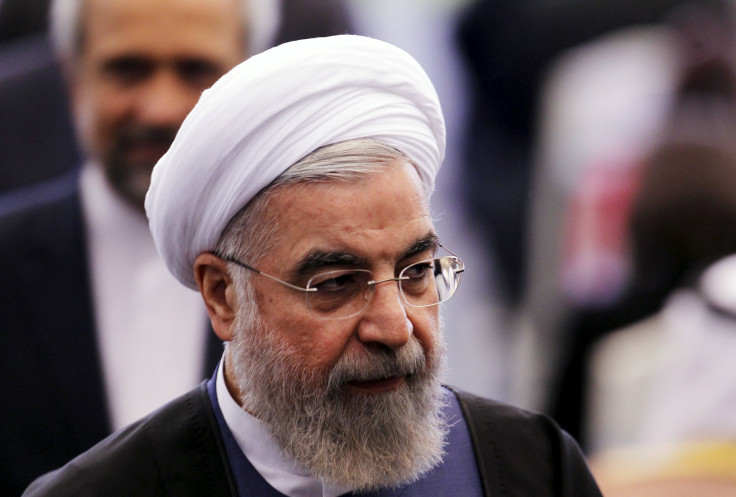Germany Ready To Take On Asian Competitors In Iran

Germany’s relation with Iran has got a fresh start after the nuclear agreement reached its conclusion in July, according to a German minister.
Germany’s Deputy Minister of Economic Affairs Matthias Machnig said in Berlin that German Economic Minister Sigmar Gabriel’s July 19 visit to Iran had been a significant move symbolizing the opening of a new chapter in Germany-Iran ties. Maching was speaking at a business conference hosted by the Federation of German Industries. He said Germany could make “substantial contribution” to Iran’s modernization efforts after the removal of sanctions.
“We want to expand our bilateral relations as the sanctions are gradually eased,” Press TV quoted Machnig as saying. “Thus, we are also ready to take on our Asian competitors in Iran.” He also said that German banks had started having “lengthy and intense talks” with the Islamic republic over post-sanctions banking issues.
The European Commission believes Iran can become a major supplier of natural gas to the European Union, The Wall Street Journal reported. The bloc may import up to 35 billion cubic meters of gas per year from Iran by 2030, a European official said. This will help the bloc become less dependent on Russia which ships about 130 BCM per year to the EU at present.
Machning said there were plans to have stronger economic cooperation with Tehran after the removal of sanctions. The plans include management training for Iranian business leaders and guaranteed investment opportunities for German projects in the Middle Eastern country.
The German minister said there would be a joint German-Iranian economic commission in Tehran in 2016. He said the commission was going to identify joint measures which could help Iran’s modernization.
© Copyright IBTimes 2024. All rights reserved.











